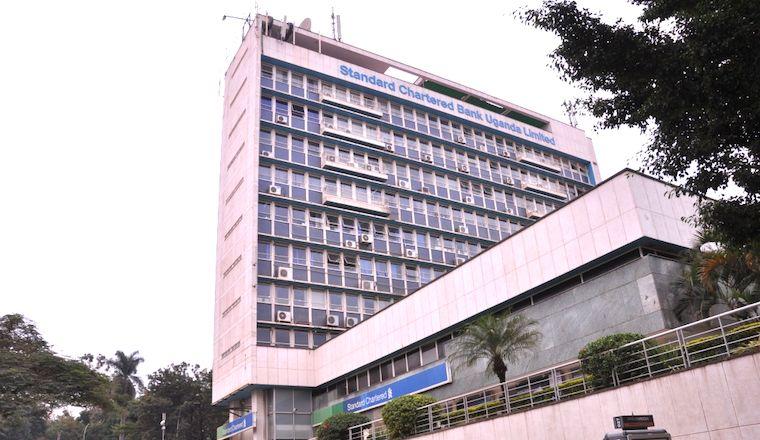- Increased Orders and Employment in Uganda’s Private Sector
In September, Uganda’s private sector experienced growth in employment and purchasing activities due to favorable demand conditions. This growth was driven by increased new orders and improved business activity.
The monthly Stanbic Purchasing Managers Index (PMI) headline rose to 52.9 in September, up from 51.6 in August. This marks the eleventh consecutive monthly improvement in the health of the private sector and is slightly above the series average of 52.6. A reading below 50.0 indicates deterioration.
According to Christopher Legilisho, an economist at Stanbic Bank, “The September data indicated a further monthly increase in business activity in Uganda’s private sector, extending the current growth streak to 14 months. Employment continued to rise for the sixth consecutive month, driven by higher new orders and efforts to fulfill outstanding business. Rising new order volumes encouraged companies to expand their purchasing activities in the final month of the third quarter. Input buying has now increased for 11 consecutive months.”
The Stanbic PMI is compiled by S&P Global through responses from purchasing managers in various sectors, including agriculture, mining, manufacturing, construction, wholesale, retail, and services.
The PMI is composed of five weighted indices: new orders (30%), output (25%), employment (20%), suppliers’ delivery times (15%), and stocks of purchases (10%).
Legilisho mentioned, “Improvements in customer numbers and new orders, along with marketing strategies, encouraged companies to expand their business activities at the end of the third quarter. Output increased across all five broad sectors covered by the survey.”
However, the hiring of additional workers led to higher staff costs, and firms also reported an increase in purchase prices. In response to higher costs and a growing demand environment, companies raised their selling prices. Items such as cement, food products, and metal bars saw price increases. Panelists also noted rising costs for construction materials, fuel, and utilities, with input prices rising across all monitored sectors.
Stocks of purchases increased in September, driven by higher input buying, and this trend was observed in the industry and wholesale and retail sectors, but not in agriculture.
Higher demand allowed for the pass-through of higher input costs to clients in September, resulting in increased charges for the sixth consecutive month. Purchasing activity also rose in line with higher new orders, and inventories expanded during the month.
Meanwhile, suppliers’ delivery times lengthened due to reports of shortages, particularly in food products.
Despite challenges, companies remained optimistic about future output, reflecting expectations of continued growth in customer numbers. More than 87% of respondents predicted an expansion of activity over the next 12 months.
However, new business from abroad decreased for the second consecutive month in Uganda’s private sector in September. New export orders have declined in nine of the past ten months, with an expansion observed only in July.




















